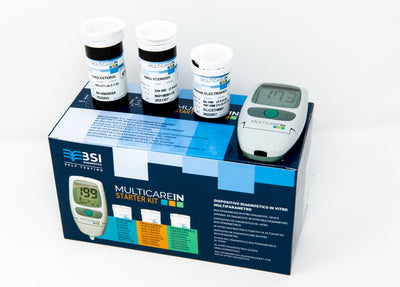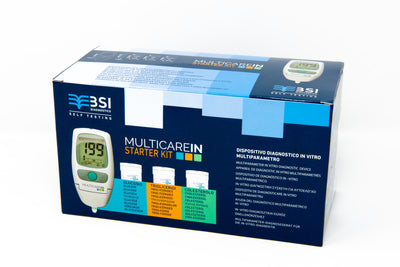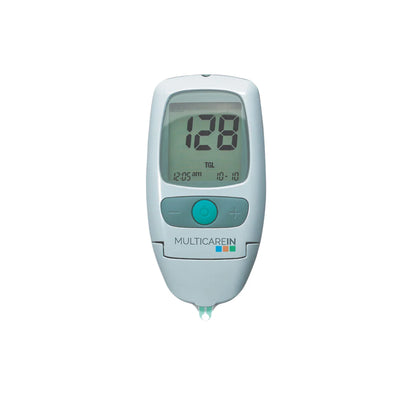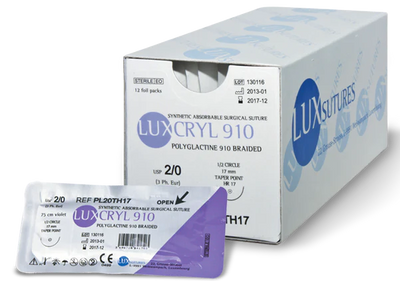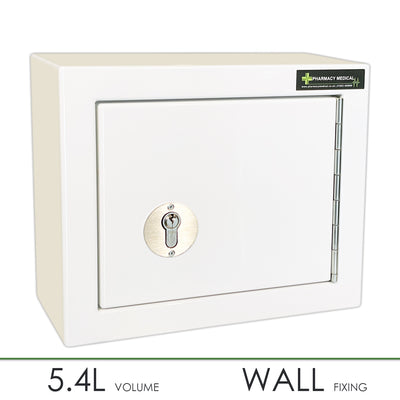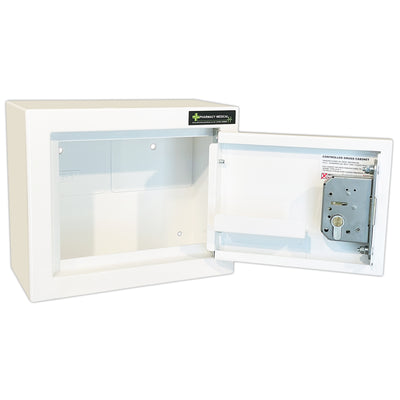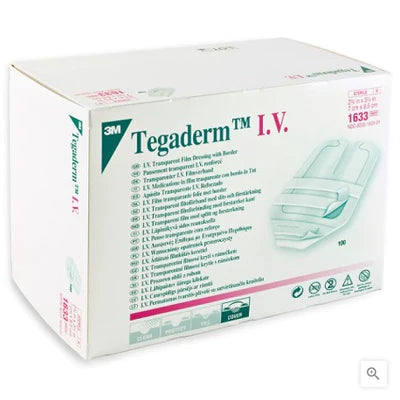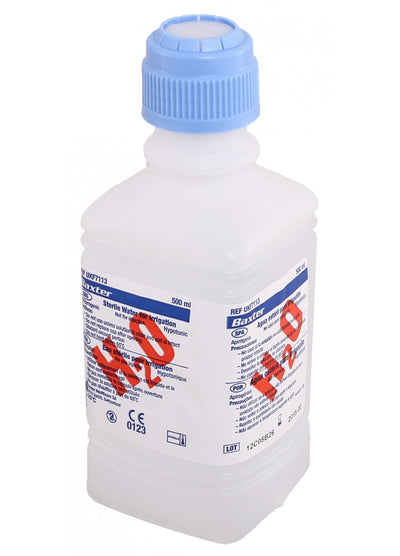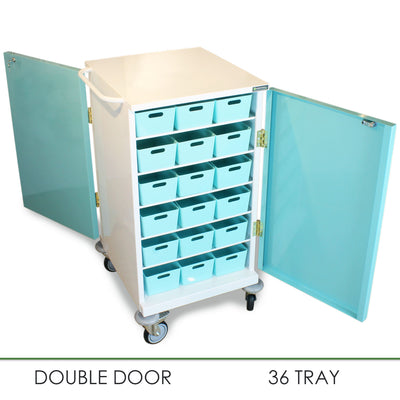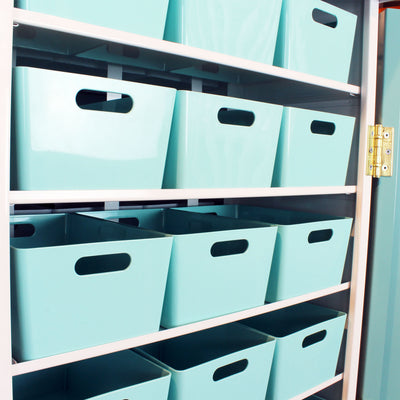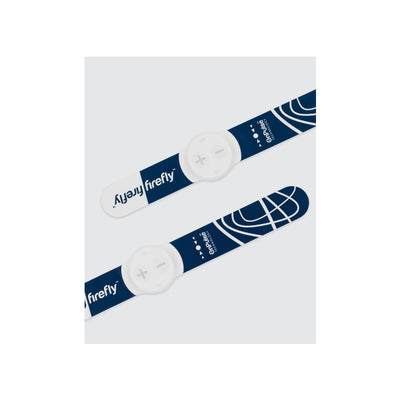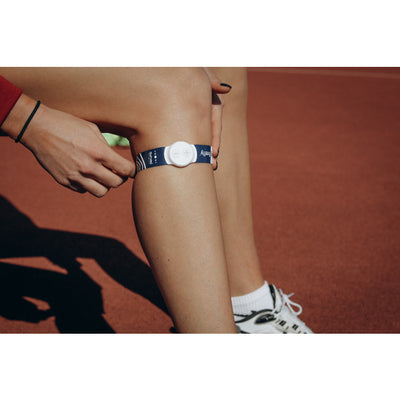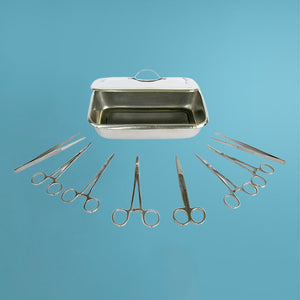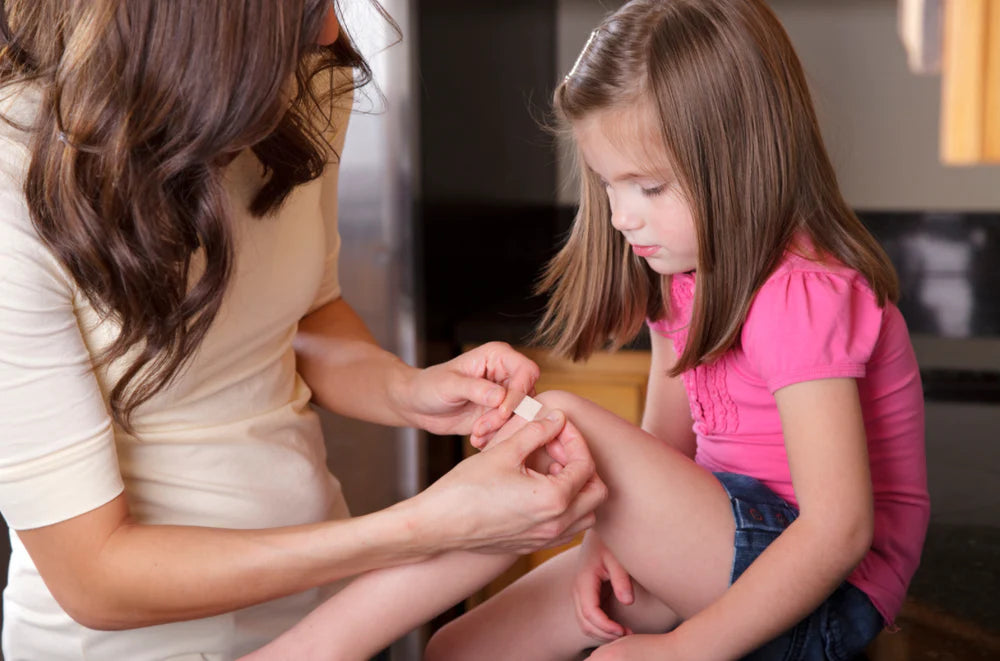Whether you live alone or are part of a large, busy family, you’re very likely to have a first aid kit gathering dust in a cupboard somewhere at home. Or perhaps, you’re unlucky enough to have had to use yours quite often because of a series of minor cuts and bruises or bouts of short illness.
Either way, it’s likely that your first aid kit is not properly stocked or that some of the key items have gone ‘out of date’ and are no longer fit for use.
So, with Spring approaching and the time to clear out and organise our homes, we’d like to encourage you all to spring clean your first aid kits this month.
Read on for our guide to putting together the ideal first aid kit for you and your family.
Home First Aid Kit Essentials
Buying a pre-packed first aid kit is a great starter for your home first aid essentials. We would, however, recommend supplementing it with one or two key items that you should always have in your home to treat small injuries and ailments.
Make sure your home first aid kit includes:
- Assorted waterproof plasters
- Absorbent dressings
- Roll of microporous tape
- Tweezers
- Antiseptic wipes (although if this is missing you can clean a small wound effectively with simple soap and warm water)
- Hydrocortisone or Calendula cream (small tube) for skin irritations/bites etc
- Skin closures
- Paracetamol tablets (or infant paracetamol for children)
- Crepe bandage
- Blister plasters
- A digital thermometer - make sure you regularly check the batteries
- An Oximeter - since the covid pandemic this device is fast-becoming an essential first aid kit item. You can read more now our blog to find out why you need one at home.
In addition you might include
- Ibuprofen and aspirin tablets (not to be given to children under 16)
- Diarrhoea/Loperamide capsules
PLEASE REMEMBER - that if you’re keeping any medicines in your first aid kit it should always be kept out of reach of children, preferably in a locked/secured cabinet.
Maintaining Your First Aid Kit
Being able to treat minor illnesses, injuries and ailments at home means that you can, hopefully, avoid unnecessary trips to the GP, pharmacist or A & E - services that are already overwhelmed. Where appropriate, and where it’s sensible, many small medical situations can be dealt with easily at home if you have the right kit to hand.
So it makes sense to have a well stocked medicine cabinet and first aid kit in your home.
Many pre-packed kits will come with a helpful booklet with advice on how to treat smaller ailments like cuts, bruises and even minor burns. You will find it useful to read this regularly so that you’re prepared if/when an incident occurs.
However if in doubt always call the NHS helpline on 111 if you’re unsure how to deal with the injury or you think it may require medical attention. In life-threatening situations always call 999.
Need more help? We're always here to help so get in touch today.
For all your Medical and Homecare supplies give us a call at Mediworld.
We have over 40 years experience in medical, surgical, mobility and home health supplies and we're always on hand to chat if you need support or advice and don't forget to read our other great health blogs!
March 2022
